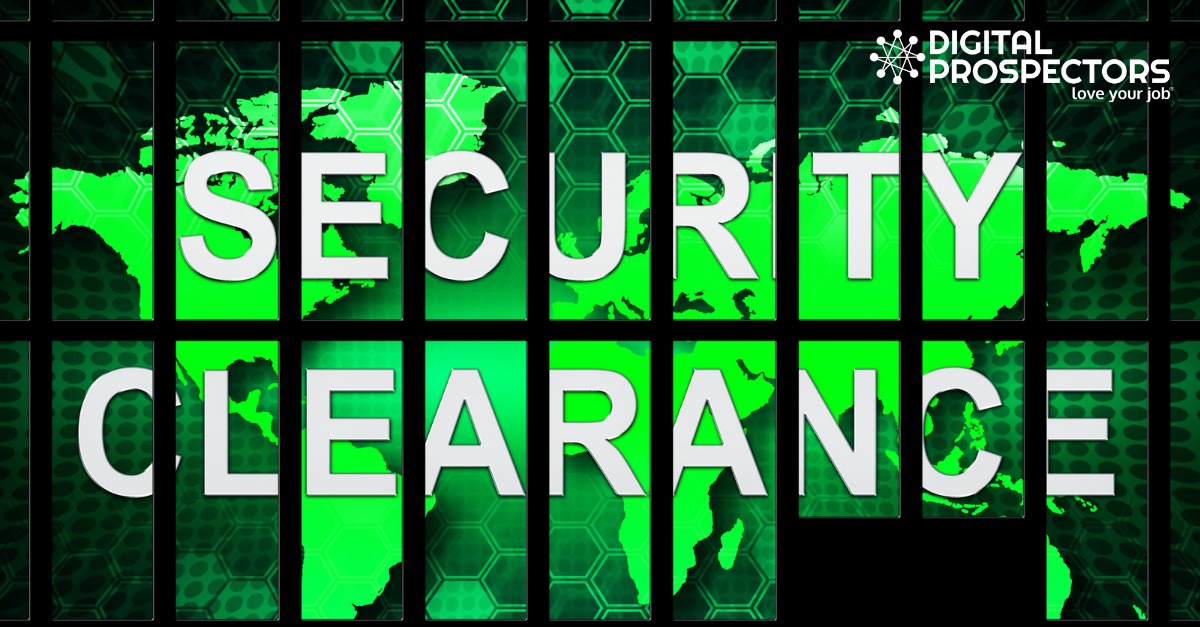I Need a Security Clearance For My Job. Where Do I Start?
In any technology career, you might need to acquire a security clearance. Perhaps you are applying for an IT position with a government agency or even in the defense industry? This same requirement also might arise if your current employer is bidding on project work with similar organizations.
Whatever the reason for a security clearance requirement, you needn’t worry about the process. Let’s take a closer look at the steps involved, so you are prepared ahead of time. Having a clearance in hand ultimately provides more options to build your tech career.
Military Veterans Are Probably Cleared and Ready to Go
If you recently earned an honorable discharge from a military branch and already possess a security clearance, chances are good it’s unexpired. This gives you an advantage when searching for technology positions that require a clearance. Look for open IT jobs with defense contractors or other industries requiring access to classified data or other content.
Types of Security Clearances
In a broad sense, there are three types of security clearances:
- Confidential: Expect to undergo a background screening by the government agency in question to earn this clearance. It’s the easiest one to acquire and needs to be renewed after 15 years.
- Secret: This clearance involves a higher security level, with a background check conducted by the Defense Counterintelligence and Security Agency (DCSA). It must be renewed after ten years.
- Top Secret: The highest security clearance level, these background screenings are also conducted by the DCSA. This clearance typically involves access to classified material gravely important to the security of the country. Expect to renew this clearance every five years.
If you previously earned a security clearance, take note of its expiration date. It still may be valid, especially a Confidential clearance.
Steps For Acquiring a Security Clearance
When applying for a security clearance, the first step involves fingerprinting, verification of your U.S. Citizenship, and filling out the Personnel Security Questionnaire. A background screening then takes place. As noted earlier, this is either performed by the DCSA or the government agency in question, depending on the security level.
After the screening is completed, the adjudication of the findings takes place. The reviewers judge the candidate based on their allegiance to the United States, criminal history, personal conduct, mental disability, and other factors. Obviously, clearance is either granted or denied at that point.
If you need help searching for a new technology position, look no further than the experienced recruiters at Digital Prospectors. As one of the top IT staffing agencies in Boston, we know the companies looking for great candidates. Connect with us soon!

